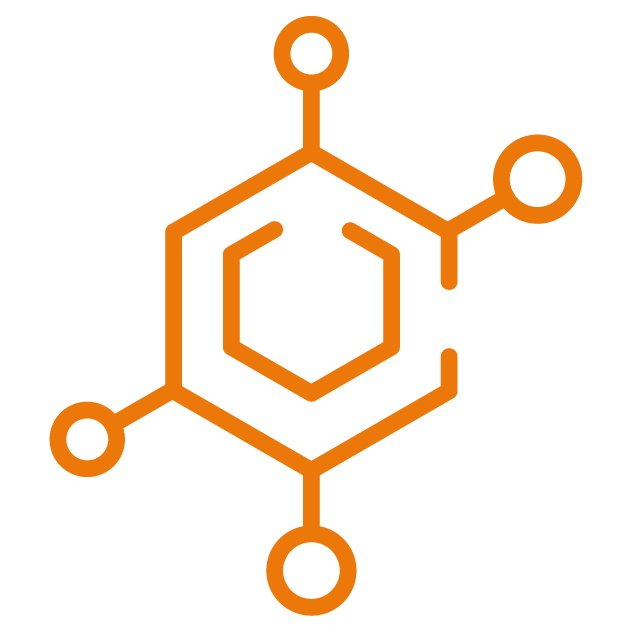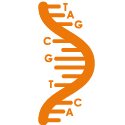ProteinFind® Anti-CD9 Mouse Monoclonal Antibody
Catalog Number: HE902-01
Price:Please inquire first
Product Details
CD9 belongs to the cell surface glycoprotein tetraspanin protein family. CD9 is expressed on the surface of developing B lymphocytes, platelets, monocytes, eosinophils, basophils, stimulated T lymphocytes, and neurons and glial cells of the peripheral nervous system[1]. In myoblasts, CD9 acts synergistically with CD81 and PTGFRN to inhibit muscle tube fusion during muscle regeneration. In macrophages, CD9 acts synergistically with CD81, β-1 and β-2 integrins to prevent macrophages from fusing into multinucleated giant cells[2]. CD9 also plays an important role in many cell physiological processes, including differentiation, adhesion and signal transduction, and it plays a key role in inhibiting cancer cell movement and metastasis[3].
Storage
PBS (pH7.4), 0.02% Sodium Azide, 50% Glycerol; at -20℃ for two years, avoid repeated freeze-thawing.
Shipping
Dry ice (-70℃)
[1] Cariappa A, Shoham T, Liu H, et al. The CD9 Tetraspanin Is Not Required for the Development of Peripheral B Cells or for Humoral Immunity [J]. The Journal of Immunology, 2005, 175(5): 2925-30.
[2] Takeda Y, Tachibana I, Miyado K, et al. Tetraspanins CD9 and CD81 function to prevent the fusion of mononuclear phagocytes [J]. Journal of Cell Biology, 2003, 161(5): 945-56.
[3] Masellis-Smith A, Shaw AR. CD9-regulated adhesion. Anti-CD9 monoclonal antibody induce pre-B cell adhesion to bone marrow fibroblasts through de novo recognition of fibronectin [J]. J Immunol, 1994, 152(6): 2768-77.
















